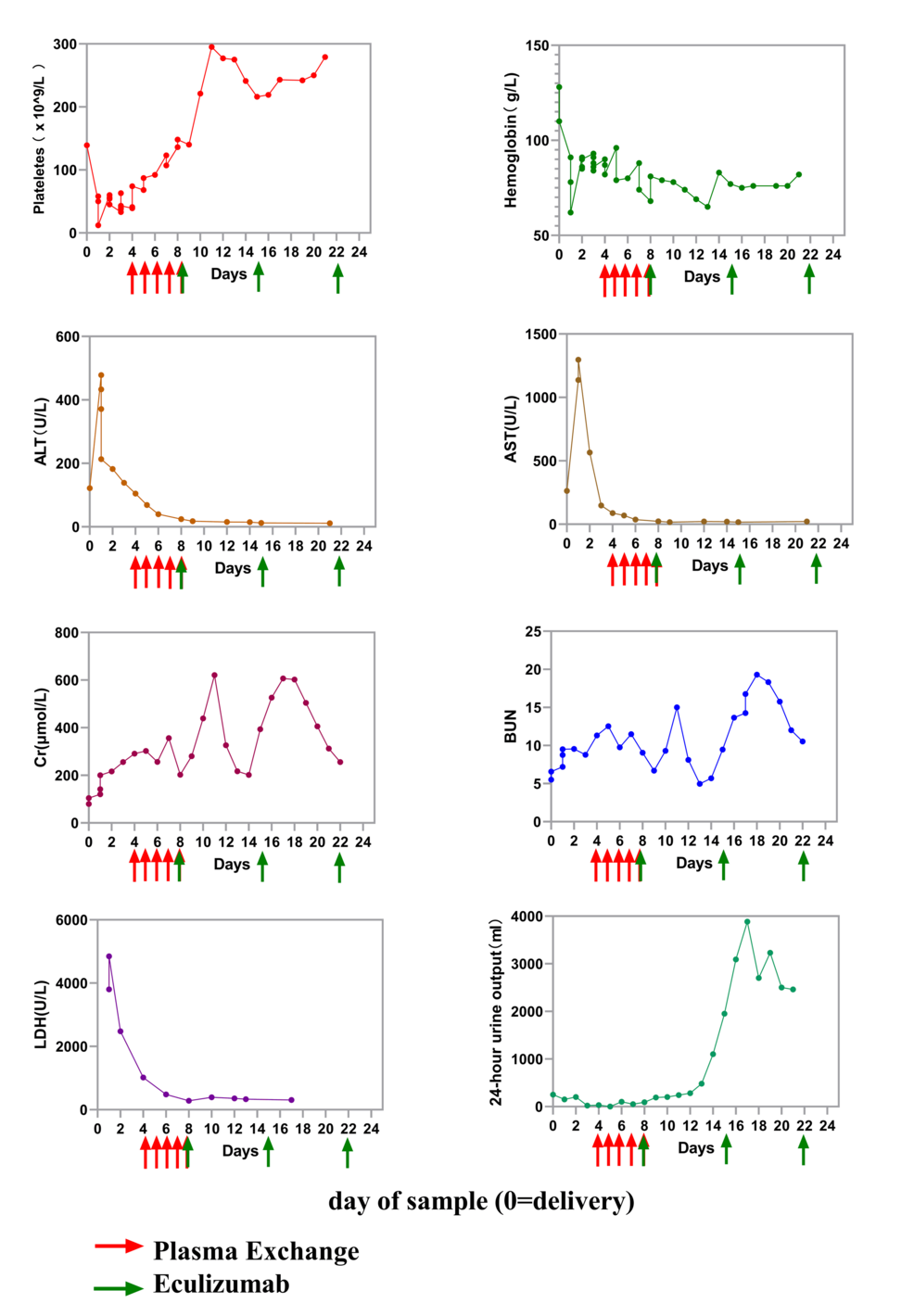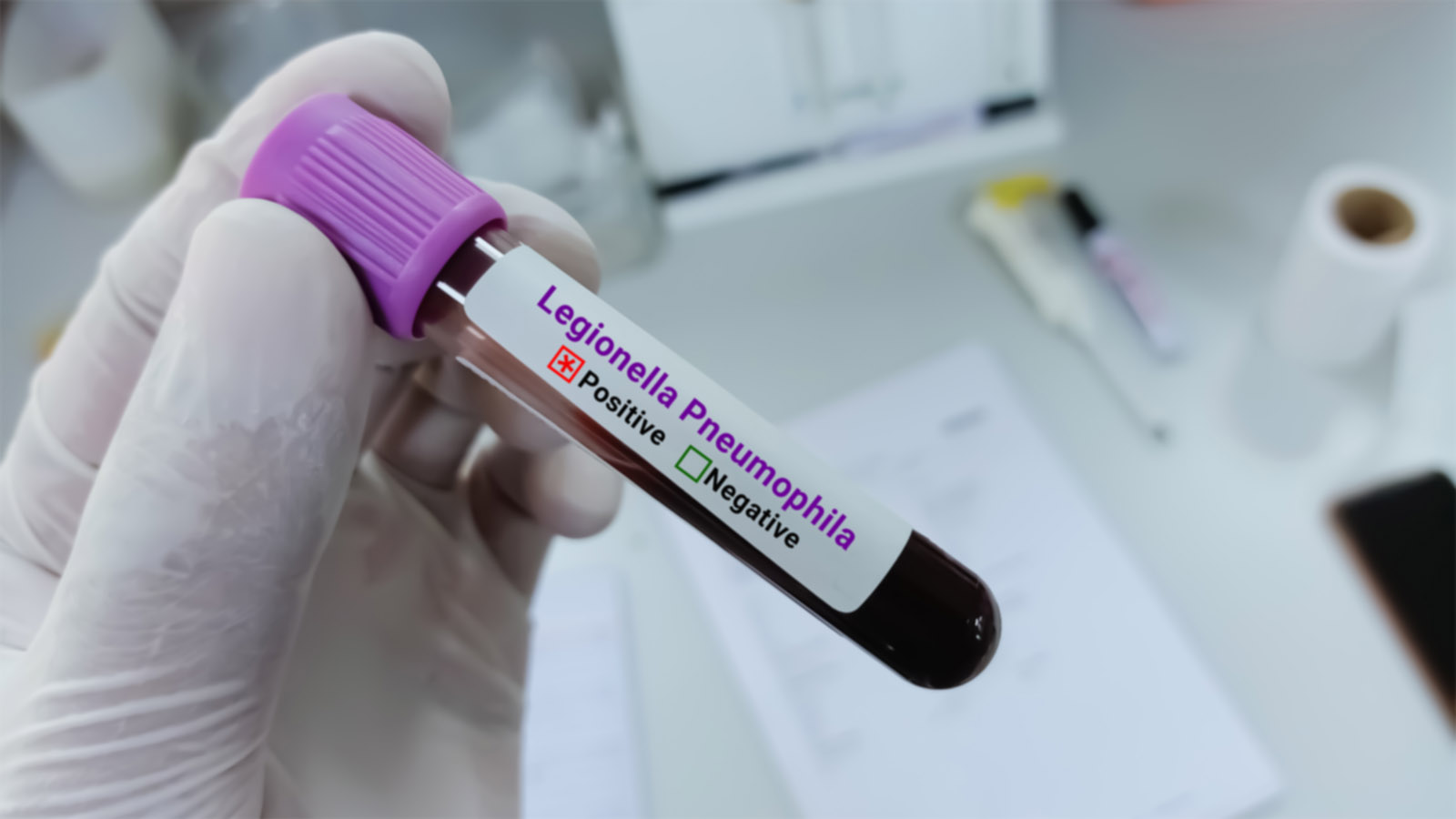UCLA Researchers Develop Innovative Pen for Early Detection of Parkinson's Disease

A groundbreaking team of researchers at the University of California, Los Angeles (UCLA) has unveiled a revolutionary pen designed to detect early symptoms of Parkinson’s disease. This cutting-edge device leverages artificial intelligence to analyze handwriting, presenting a cost-effective and accessible diagnostic tool that could transform early diagnosis in the medical field.
The specially designed pen incorporates magnetic ink and features a unique tip that meticulously converts the user’s handwriting movements into electrical signals. These signals are subsequently processed by advanced AI algorithms, which identify specific markers indicative of Parkinson’s disease. This innovative approach not only simplifies the diagnostic process but also opens up new avenues for early detection, which is critical for effective management of the disease.
In a recent study, researchers meticulously compared handwriting samples from three individuals diagnosed with Parkinson’s disease to those of 13 healthy participants. Remarkably, the AI-powered pen demonstrated an impressive ability to distinguish between the two groups, achieving accuracy rates exceeding 95%. Although the study's scale was relatively small, the findings underscore the promising potential of this technology as a reliable diagnostic instrument.
According to the researchers, one of the most significant advantages of this device is its affordability and the ease with which it can be distributed, particularly in regions where medical resources are scarce. Healthcare experts have noted the transformative potential of this device, stating, “This device offers a practical method that could be widely used for Parkinson’s disease diagnosis.” Such accessibility could lead to earlier interventions and better outcomes for millions at risk.
The research team has acknowledged the importance of conducting further testing involving larger participant groups to validate their findings comprehensively. Their ultimate goal is to launch extensive clinical trials, and should these trials prove successful, they envision making this advanced pen available globally as a standard diagnostic tool for Parkinson’s disease.



























